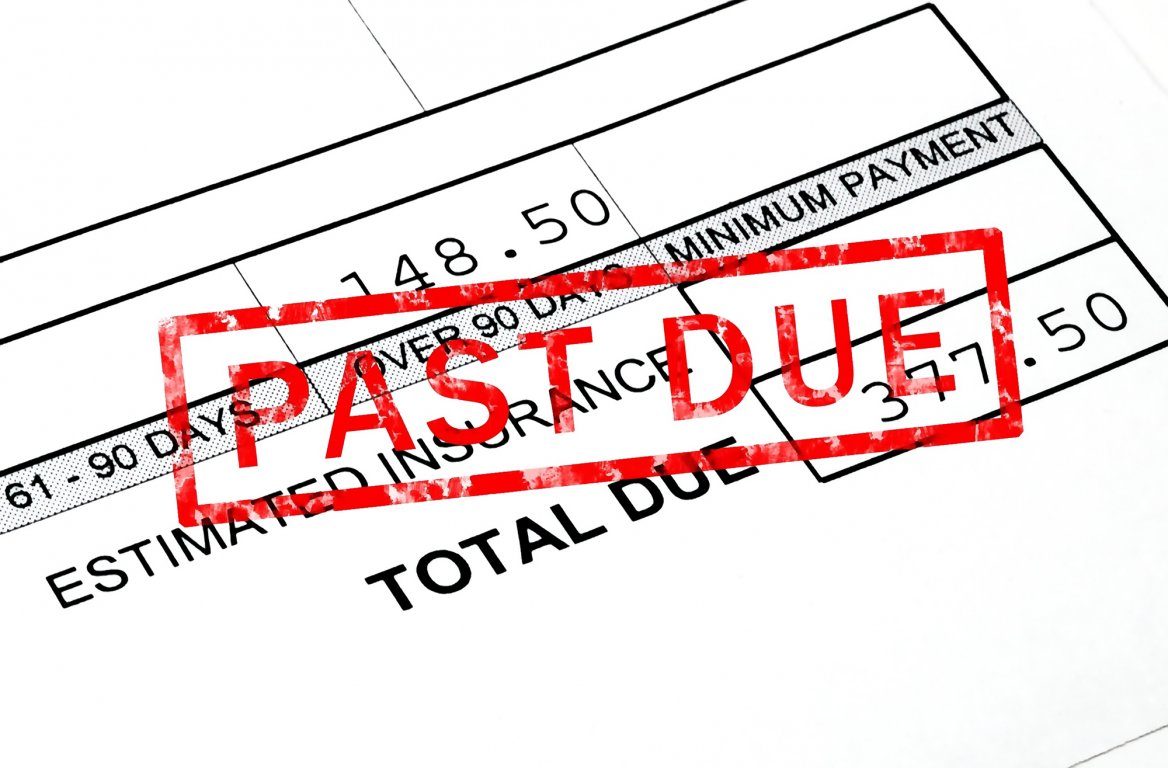
Creditors have more ways to contact you, but you have options
In the pandemic environment, our economy has been under the weather. The spread of COVID-19 and mitigation efforts have changed the world as we know it, and for many households, the economic fallout has had a direct effect. Many have lost jobs, endured furloughs and pay cuts, and seen their livelihoods crumble as their businesses struggle to stay afloat. The collective economic difficulty often boils down to an inability to meet our financial obligations; if you're struggling to pay your bills, you're not alone.
Understanding FDCPA
The Federal Fair Debt Collection Practice Act (FDCPA) is a set of practices to which creditors must adhere. It's intended to limit abusive practices some companies have engaged in over the years in their quest to settle accounts. This can include harassment, misleading representation, legal actions and deceptive practices. If you've ever been on the receiving end of aggressive creditor behavior, you know exactly how unsettling and frightening it can be.
Changes to the existing code
Late in 2021, changes are coming to the existing code that could impact anyone who is struggling as a result of our economic slump. The original law was passed in 1977, so it doesn't include verbiage related to our modern-day technologies, including email, voicemail, social media platforms, or cell and smartphones. So the Consumer Financial Protection Bureau recently amended parameters to clarify how creditors can use these communication options.
The rule is scheduled to go into effect in November 2021. Here's what you need to know.
- Debt collectors may call you as many as seven times per week.
- There is no limit to how many text messages or emails creditors can send you.
- Debt collectors may contact you via social media.
- They cannot communicate through a social channel if the message can be viewed by the general public or your contacts on that social media platform.
- If they attempt to contact you through a private message and ask to be added as a contact, they must disclose their identity, including the fact that they are a debt collector.
- If a debt collector contacts you through these modes of electronic communication, including text and emails, they must provide a way for you to opt out of the communications easily.
- Voicemails left by debt collectors are to be limited to merely the collection agency's name, a request for response and contact information. It should not indicate the business is a debt collector.
- Debt collectors may not knowingly attempt to contact you through a work email address, with some exceptions.
Are debt collectors hounding you?
In these difficult times, many people are struggling to pay their bills. All it takes is a job loss or health crisis for most of us to lose our footing. You have options, and having a trusted attorney on your side makes all the difference. Contact us to learn more about your options for dealing with mounting debt in these economically challenging times.
 By Brian Weber, Attorney in Johns, Flaherty & Collins, SC, Holmen, Wisconsin, office.
By Brian Weber, Attorney in Johns, Flaherty & Collins, SC, Holmen, Wisconsin, office.
